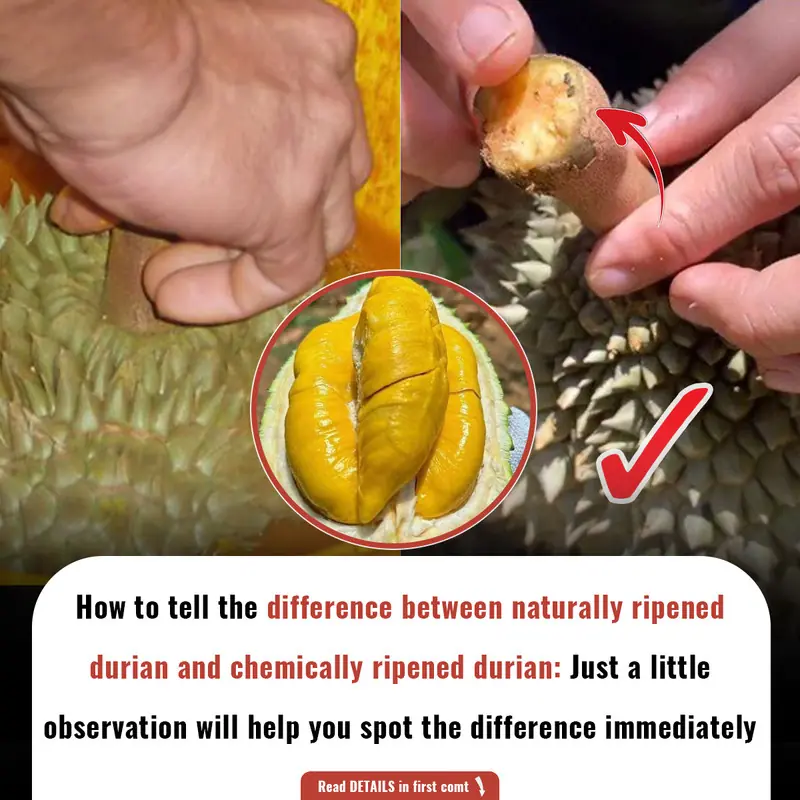
Texas Woman D!es After Using Contaminated Tap Water for Sinus Rinse
A 71-year-old woman in Texas has tragically passed away after contracting a rare brain infection, likely due to using contaminated tap water for sinus irrigation.
Introduction:
In a rare and tragic incident, a 71-year-old woman from Texas died after contracting a fatal brain infection, believed to be caused by using contaminated tap water for sinus rinsing. This case highlights the potential dangers associated with improper nasal irrigation practices and underscores the importance of using safe water sources.
Understanding Naegleria fowleri:
Naegleria fowleri, often referred to as the "brain-eating amoeba," is a free-living microorganism found in warm freshwater environments. Infections occur when contaminated water enters the body through the nose, typically during activities like swimming in lakes or using unboiled tap water for nasal irrigation. Once in the nasal passages, the amoeba can travel to the brain, causing primary amebic meningoencephalitis (PAM), a rare but nearly always fatal condition.
The Incident in Texas:
The woman, whose identity has not been disclosed, reportedly used tap water from an RV's water system at a campground to rinse her sinuses. Although tap water in the area is considered safe for drinking, it is not recommended for nasal use due to the risk of introducing harmful microorganisms into the body. The Texas Department of State Health Services believes that the contaminated water led to the woman's infection with Naegleria fowleri.
Symptoms and Progression:
Symptoms of PAM typically appear within 1 to 12 days after exposure and can include headache, fever, nausea, vomiting, stiff neck, confusion, loss of balance, seizures, and hallucinations. The disease progresses rapidly, and once symptoms begin, the patient usually dies within 1 to 18 days, even with treatment.
Preventive Measures:
To reduce the risk of Naegleria fowleri infection, experts recommend the following precautions:
-
Use Safe Water Sources: Always use distilled or sterile water for nasal irrigation. If using tap water, boil it for at least one minute and let it cool before use.
-
Clean Irrigation Devices: Thoroughly clean and dry nasal irrigation devices after each use to prevent contamination.
-
Avoid Water in the Nose: When bathing, showering, or swimming in warm freshwater, avoid getting water up the nose.
-
Supervise Children: Ensure children are supervised when using sprinklers or playing in small pools to prevent water from entering the nose.
Conclusion:
This tragic incident serves as a stark reminder of the potential dangers associated with improper nasal irrigation practices. By following recommended safety guidelines and using appropriate water sources, individuals can significantly reduce the risk of contracting Naegleria fowleri and other waterborne infections.
News in the same category

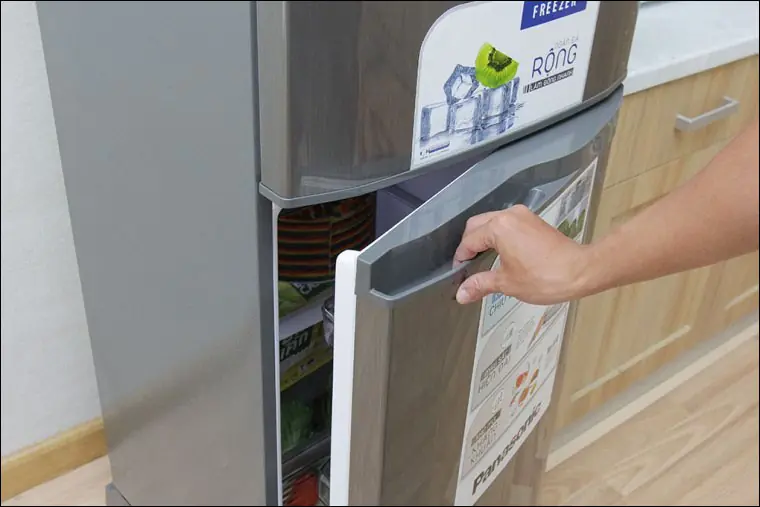
3 Simple Items That Help Save Electricity for Your Fridge

The Silent D@nger: 4 'Healthy' Vegetables That Can H@rm Your Kidneys
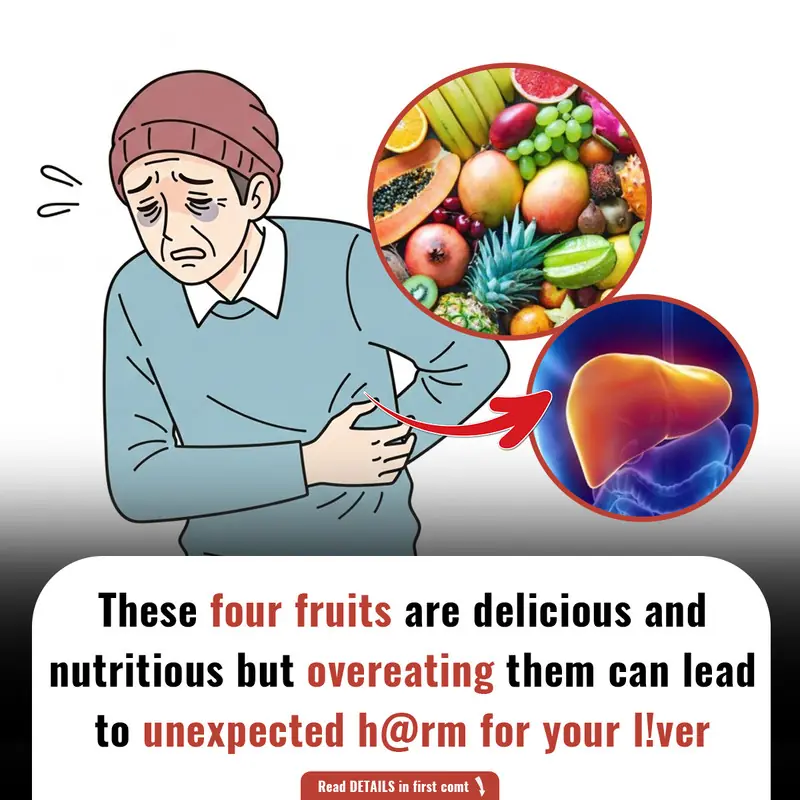
Top 4 Fruits to Limit for a Healthier Liver
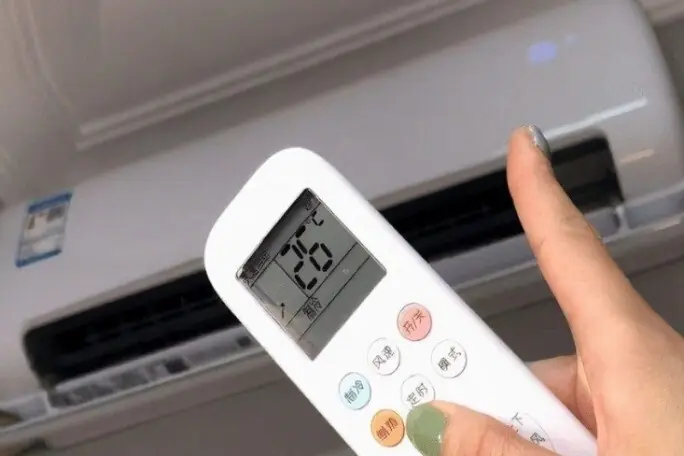
Why Smart People Never Set Their Air Conditioner to 26°C at Night

How to Position Your TV in the Living Room for Optimal Health and Wealth

Hidden D@ngers on Your Dinner Plate: 3 Common Vegetables That May Be D@m@ging Your Digestive Health

Doctors warn just one glass of this drink a day could increase risk of being diagnosed with cancer
A doctor in New York City has discovered a worrying trend between a drink almost two-thirds of Americans enjoy and an aggressive cancer.

Many Confuse This Plant with a Weed, But It’s Actually Full of Surprising Health Benefits
From providing omega-3 fatty acids to supporting heart, bone, and kidney health, purslane offers a wide range of benefits.

Doctor reveals the one sound people make that means they have under 24 hours left to live
This phenomenon is most commonly observed as the person drifts in and out of consciousness, and their breathing becomes more labored.
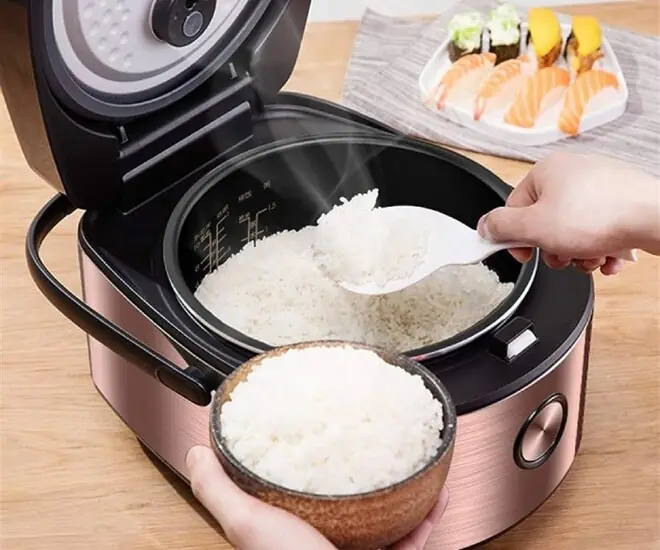
Don't Underestimate This Common Feature of Rice Cookers: It Could Be Harmful to Your Health
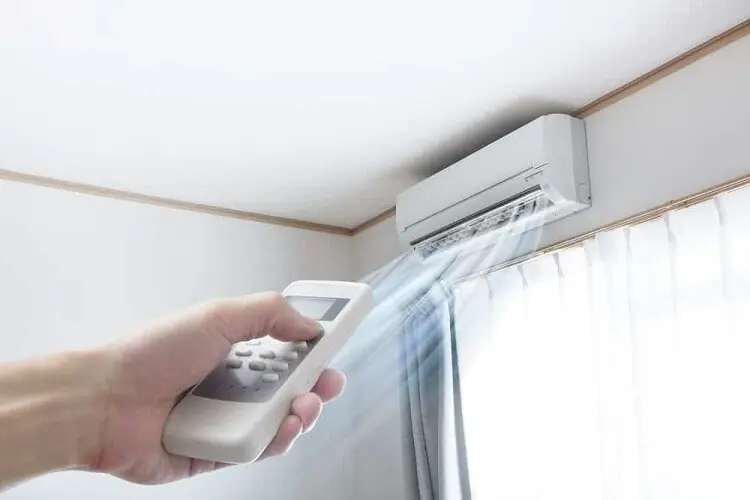
Smart People Know This Trick: Save Up to 50% on Your Monthly Electricity Bill by Adjusting Your Air Conditioner

Why Smart People Often Insert a Key into the Door When Sleeping: A Simple Habit with Big Benefits

The Surprising Benefits of Placing Ginger Under Your Pillow Before Sleep

6 Groups Who Should Avoid Eating Jackfruit: 2 Common Mistakes to Prevent Health Issues
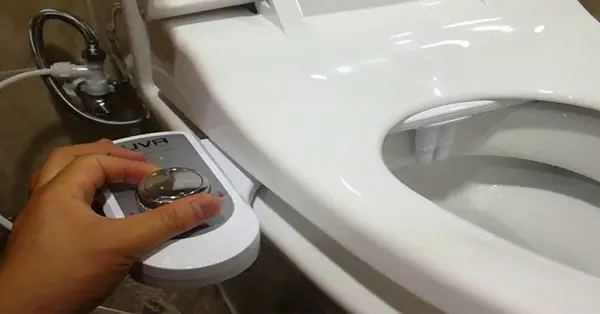
Boost Your Toilet's Flushing Power Instantly with This Simple Trick

5 Essential Habits to Prevent C@ncer Recurrence: Insights from a Japanese Doctor

Four Brothers Diagnosed with Stomach C@ncer: Doctors Identify Two Common Habits as Major Risk Factors
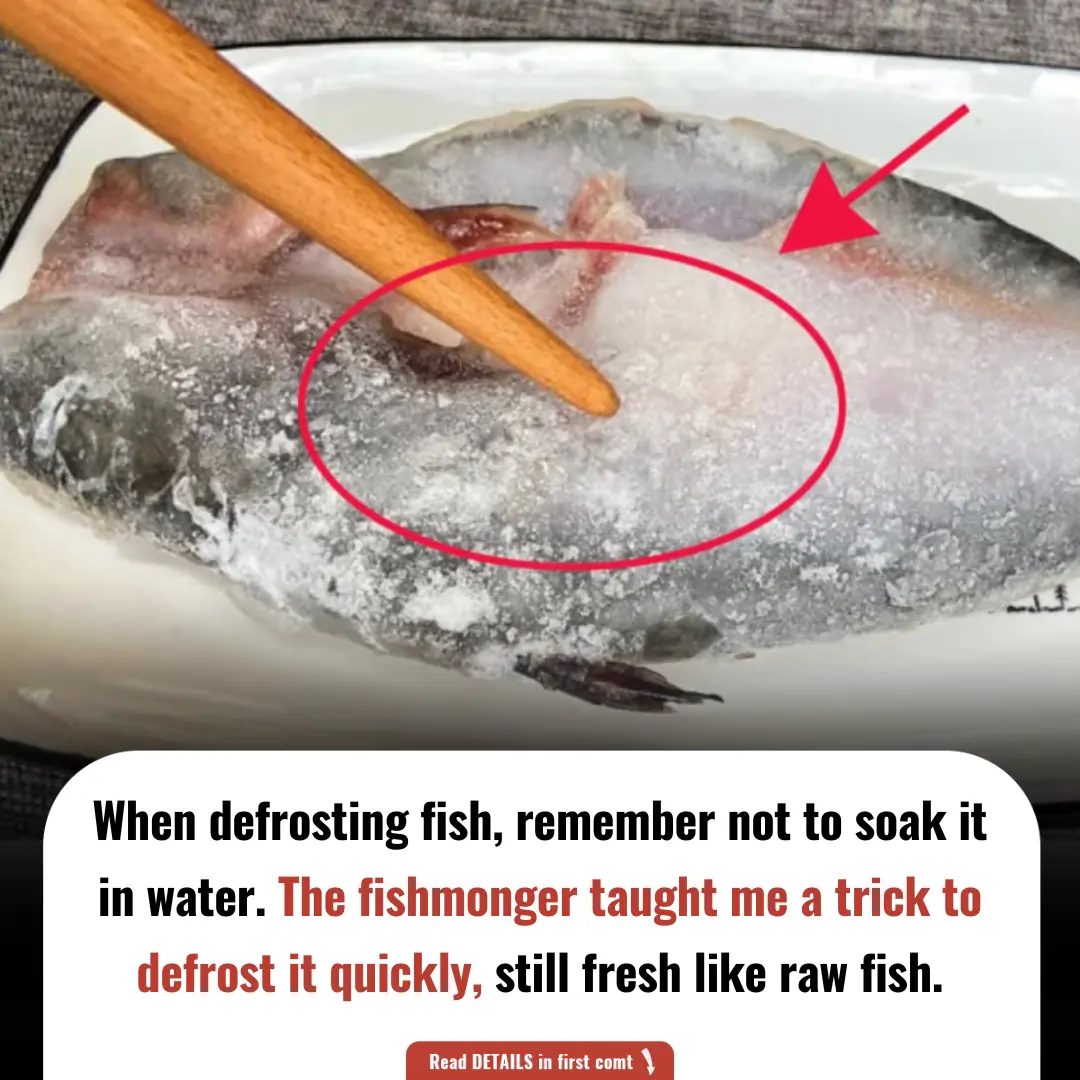
When defrosting fish, remember not to soak it in water. The fishmonger taught me a trick to defrost it quickly, still fresh like raw fish

Doctors say it's possible to predict a stroke 90 days before: These are the early warning signs of a stroke, be prepared
News Post

How to Tell the Difference Between Naturally Ripened Durian and Chemical-Ripened Ones

Homemade Eye Roll To Get Rid Of Dark Circles: The Ultimate Natural Remedy for Dark Circles
The homemade eye roll remedy we’ve shared today combines the soothing, brightening, and hydrating powers of olive oil, aloe vera, lemon zest, and raw milk to help reduce puffiness, lighten dark circles, and restore the vitality of the delicate skin arou

3 Simple Items That Help Save Electricity for Your Fridge

The Silent D@nger: 4 'Healthy' Vegetables That Can H@rm Your Kidneys

Top 4 Fruits to Limit for a Healthier Liver

Natural Remedy to Reverse Grey Hair: Unlocking the Secrets to Rejuvenate Your Hair Color
This DIY remedy offers a holistic approach to hair health-nourishing from within and the outside.
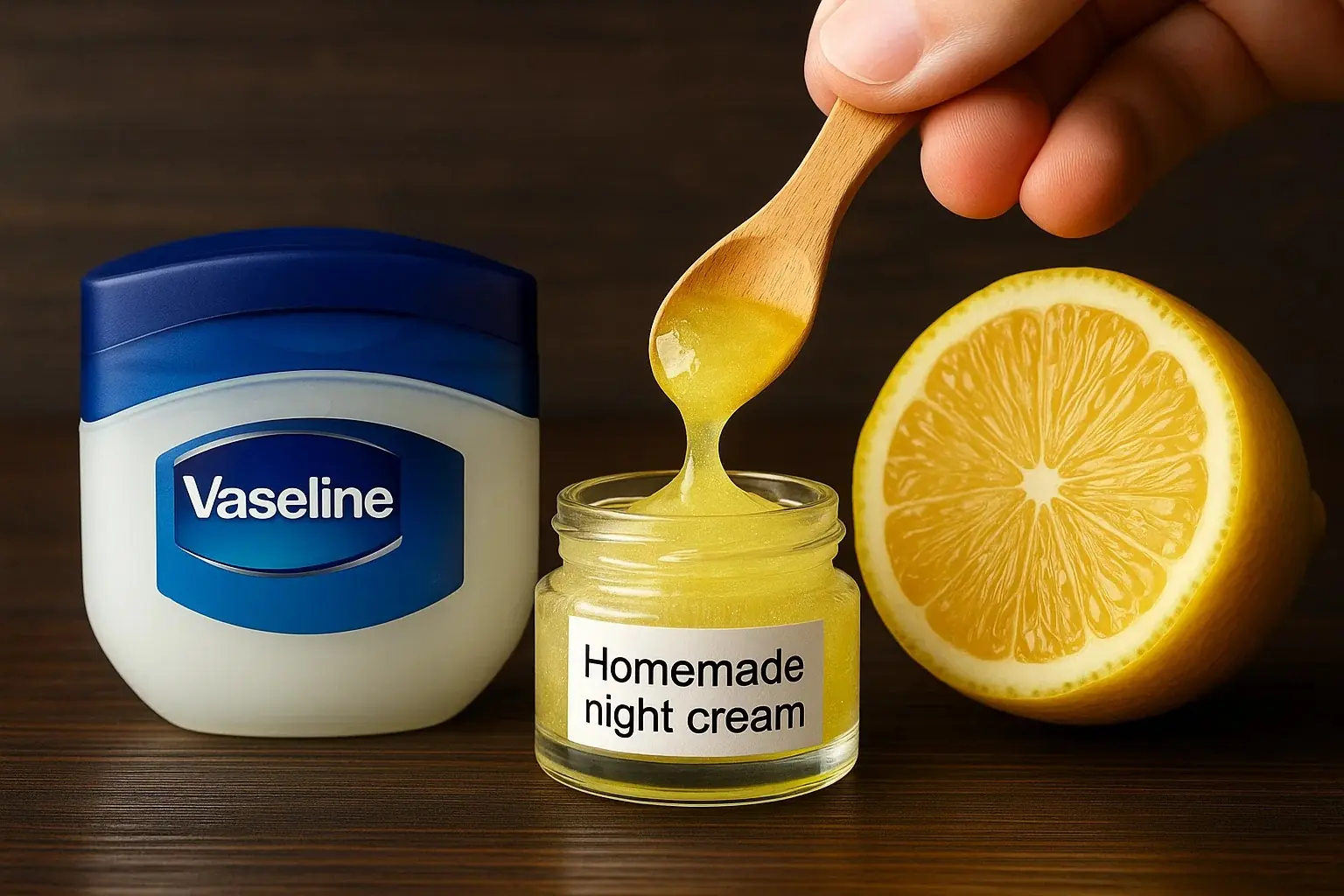
5 Powerful Ways to Use Vaseline for Anti-Aging: Natural Remedies for Smoother, Wrinkle-Free Skin
Try these 5 homemade Vaseline treatments today, and enjoy youthful, wrinkle-free, and radiant skin with the power of nature!
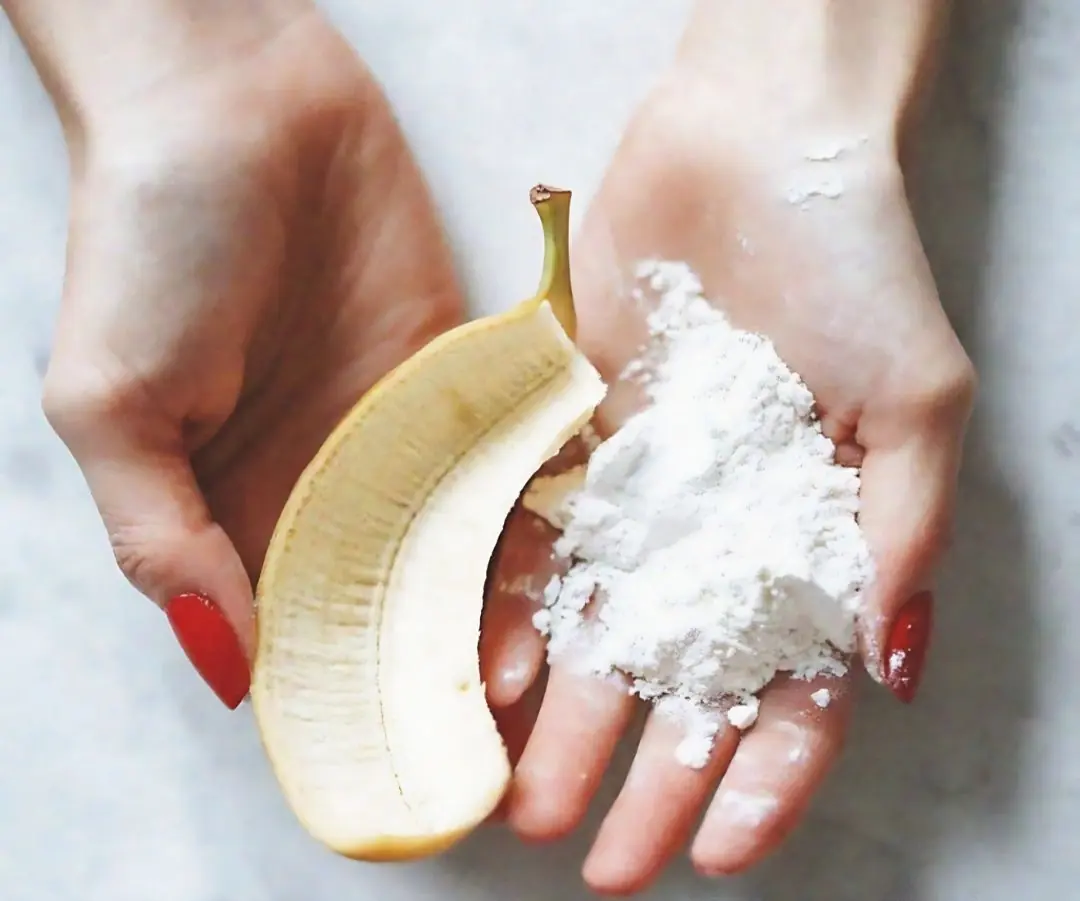
Erase Wrinkles and Achieve Glowing Skin Naturally: The Ultimate Banana Face Pack for Youthful Radiance
By incorporating natural ingredients like banana peels, rice, cornstarch, and lemon juice, you can nourish your skin and achieve a radiant, youthful complexion without harsh chemicals or expensive treatments.

Why Smart People Never Set Their Air Conditioner to 26°C at Night

How to Position Your TV in the Living Room for Optimal Health and Wealth

Hidden D@ngers on Your Dinner Plate: 3 Common Vegetables That May Be D@m@ging Your Digestive Health

Doctors warn just one glass of this drink a day could increase risk of being diagnosed with cancer
A doctor in New York City has discovered a worrying trend between a drink almost two-thirds of Americans enjoy and an aggressive cancer.

Many Confuse This Plant with a Weed, But It’s Actually Full of Surprising Health Benefits
From providing omega-3 fatty acids to supporting heart, bone, and kidney health, purslane offers a wide range of benefits.

Doctor reveals the one sound people make that means they have under 24 hours left to live
This phenomenon is most commonly observed as the person drifts in and out of consciousness, and their breathing becomes more labored.

Easy Recipe to Make Rice Water Cubes to Shrink Pores and Get Clear, Radiant Skin
Rice water ice cubes are a simple yet effective skincare treatment that provides immediate benefits and can be easily incorporated into your weekly skincare routine.
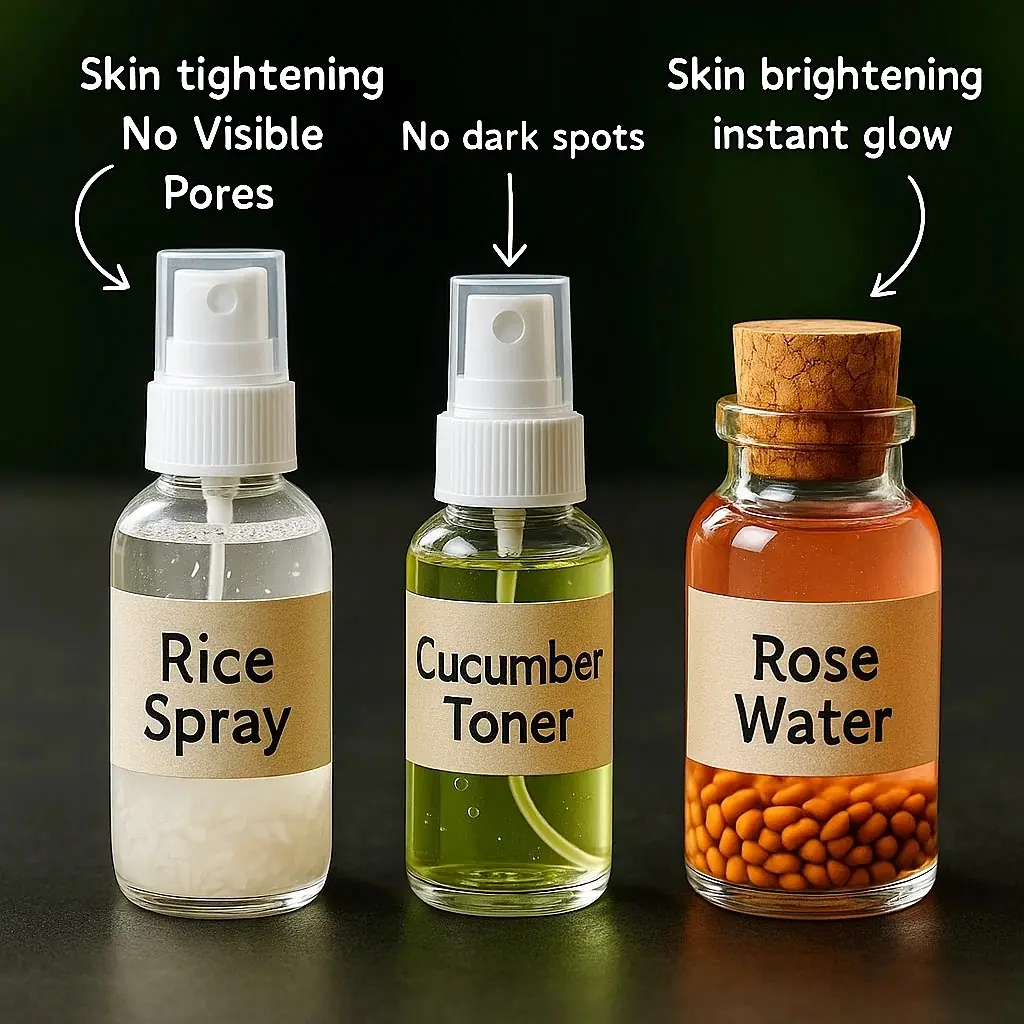
5 Homemade Skin Toners for Glowing Skin, Acne, and Dark Spots: Natural Remedies for Healthy, Radiant Skin
Homemade toners are a simple, affordable, and effective way to address common skin concerns such as acne, dark spots, wrinkles, and enlarged pores.

Don't Underestimate This Common Feature of Rice Cookers: It Could Be Harmful to Your Health

Smart People Know This Trick: Save Up to 50% on Your Monthly Electricity Bill by Adjusting Your Air Conditioner
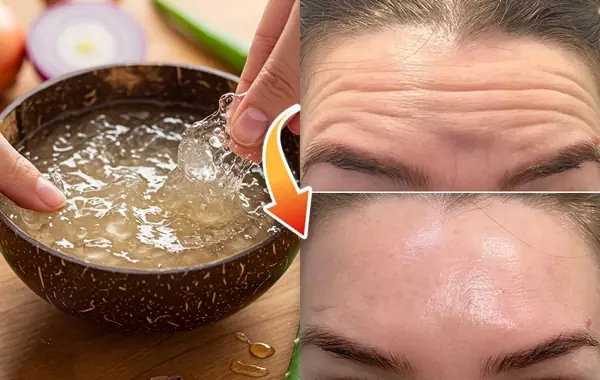
Homemade Aloe Vera Gel to Erase Wrinkles on Your Face: A Natural, DIY Anti-Aging Treatment
By using natural ingredients like cooked rice, almond oil, and aloe vera gel, you can create a powerful DIY mask that helps reduce wrinkles, improve skin elasticity, and nourish your skin.
